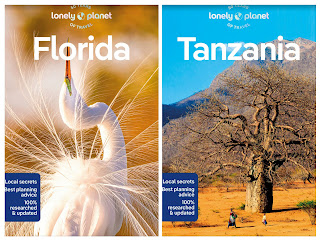The Black Sea is an important body of water in terms of both history and ecology. It is located between Eastern Europe and Western Asia, and shares borders with Georgia, Russia, Romania, Bulgaria, Romania and Turkey. Connected to the Mediterranean Sea through the Bosporus Strait, the Sea of Marmara, and the Dardanelles Strait, The Black Sea is a natural corridor for marine traffic between Europe and Asia.
About 90% of the sea's volume is made up of anoxic, or oxygen-free, lower layers, which are one of its most distinguishing characteristics. The water's stratification as a result of its narrow vertical mixing and steep salinity gradient is what causes this state. Marine archaeologists will find a wealth of preserved shipwrecks and old artefacts on the seafloor due to the anoxic conditions that preserve organic materials.
For thousands of years, the Black Sea has served as a crossroads for civilizations. Along the coast, Greek colonists built trading ports, and eventually it became an important Byzantine Empire province. The water has acted as a conduit for trade, culture, and conflict throughout history. Realising its strategic importance, the Ottoman Empire ruled over its entry ports for centuries.
The Black Sea has been a flashpoint for geopolitical tension in more recent times, especially during the Cold War and the continuing war between Russia and Ukraine. The sea's strategic military relevance was highlighted by Russia's annexation of Crimea in 2014, which pushed the region back into the spotlight internationally.
More than 180 different species of fish can be found in the Black Sea. It does, however, confront formidable environmental obstacles. The eutrophication caused by pollution from industrial waste, untreated sewage, and agricultural runoff has resulted in dead zones where the oxygen content is too low to sustain the majority of marine life. The local food chain has also been upset by invasive species, like the comb jelly Mnemiopsis leidyi.
Efforts to protect and restore the Black Sea's environment have been initiated through international cooperation. Organizations like the Black Sea Economic Cooperation (BSEC) and the Commission on the Protection of the Black Sea Against Pollution (Black Sea Commission) work towards sustainable development and pollution reduction in the region.
A centre of commercial activity, especially for shipping and fishing, is the Black Sea region. International trade is facilitated by major ports including Odessa in Ukraine, Varna in Bulgaria, and Constanta in Romania. Moreover, the tourism sector flourishes along its scenic coasts, drawing millions of tourists to resorts in Turkey and Bulgaria each year.
Its strategic significance continues to influence local, national, and international politics, and its exceptional ecosystem need coordinated conservation efforts. The Black Sea region continues to be an essential and dynamic component of the global marine and cultural legacy as nations surrounding it collaborate to address these issues.
To really understand its complex interactions between nature, history, and geography, the book
Black Sea Circuit by the The Raven Brothers is a must-read. The brothers embark on a quest to drive full circle around this ancient body of water at the birthplace of civilisation. They get up close and personal with the fascinating people who inhabit the six nations that surround these colourful shores, and live on the road like the nomadic horse bowmen who once ruled the steppe grasslands. They explore Crimea, the Caucasus region of southern Russia’s “Wild West”, the Georgian kingdom of Colchis, Turkey’s Pontic coast, the megacity of Istanbul and complete their journey in Romania at the outfall of the mighty River Danube.



